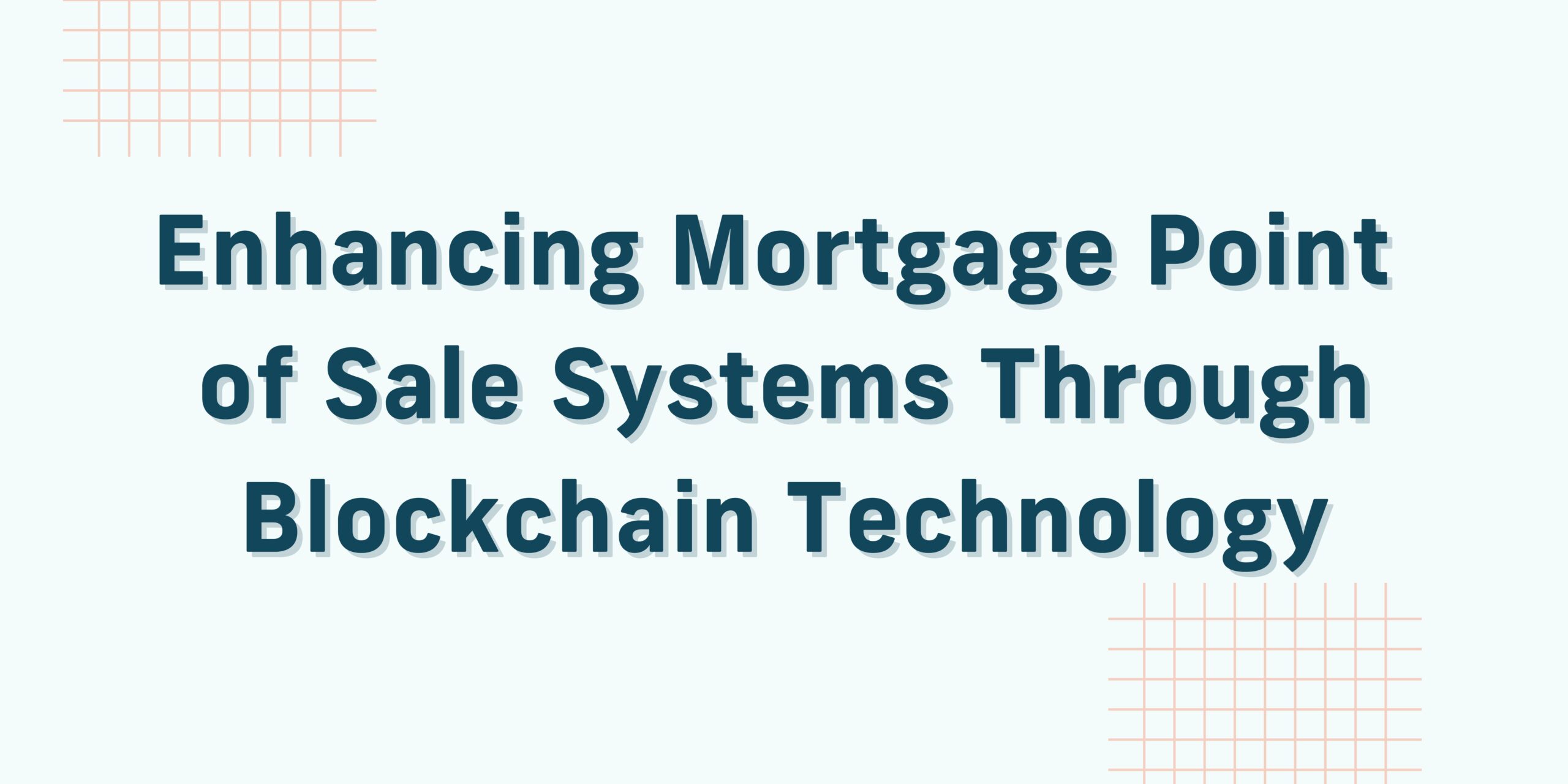Enhancing Mortgage Point of Sale Systems Through Blockchain Technology
Blockchain technology has gained significant attention in recent years for its potential to revolutionize various industries. One such industry that could greatly benefit from blockchain is the mortgage sector. In this article, we will explore the basics of blockchain technology and delve into its potential applications in mortgage point of sale (POS) systems.
Understanding Blockchain Technology
Blockchain is essentially a decentralized and distributed ledger that records transactions across multiple computers. It enables secure, transparent, and immutable record-keeping, removing the need for intermediaries and reducing the risk of fraud or manipulation. The technology’s core features, such as cryptography and consensus algorithms, make it appealing for various industries, including mortgage.
Benefits of Blockchain in Mortgage POS Systems
One of the key advantages of blockchain in mortgage POS systems is enhanced security. By utilizing cryptography, each transaction is securely recorded and cannot be altered without consensus from all participating nodes (a computer connected to other computers which follows rules and shares information). This level of security can help prevent identity theft, fraud, and unauthorized access to sensitive borrower information.
Another benefit is the increased efficiency in the lending process. Blockchain can streamline the verification and authentication of borrower data, reducing the need for manual document verification and minimizing paperwork. This can significantly speed up the loan origination process, offering benefits to both lenders and borrowers.
Smart Contracts and Automation
Blockchain-based mortgage POS systems can leverage smart contracts, which are self-executing agreements with predefined rules. Smart contracts can automate various steps in the lending process, such as verification of borrower eligibility, property title searches, and escrow transactions. This automation not only improves efficiency but also reduces the risk of errors or fraudulent activities.
Additionally, smart contracts can enable automated payment schedules, ensuring that borrowers make timely payments. This feature could potentially reduce the number of delinquencies and defaults, providing lenders with more predictable cash flows.
Challenges and Considerations
Implementing blockchain technology in mortgage POS systems does come with its challenges. One major concern is the integration with existing legacy systems and databases. Overcoming this hurdle would require careful planning and collaboration between industry stakeholders.
Another consideration is data privacy and regulatory compliance. As blockchain is inherently transparent, finding the right balance between transparency and data privacy is crucial. Additionally, ensuring compliance with applicable mortgage laws and regulations is essential when implementing blockchain technology in mortgage POS systems.
Summing it up
Blockchain technology holds tremendous potential for transforming the mortgage industry. By enhancing security, increasing efficiency, and automating processes, blockchain-based POS systems can offer significant benefits to lenders and borrowers alike. While challenges exist, continued exploration and development of blockchain technology in mortgage lending can provide clear advantages in the future.




